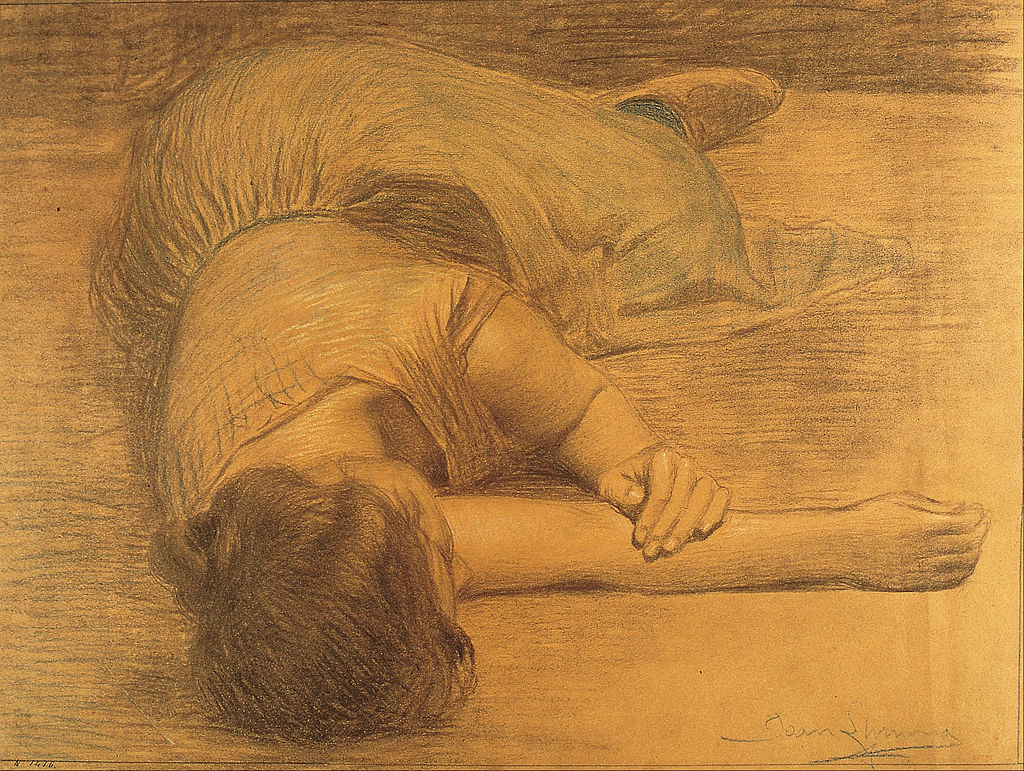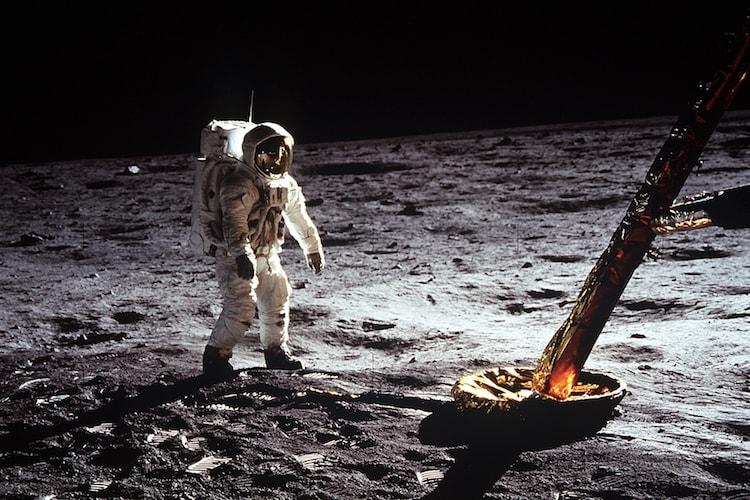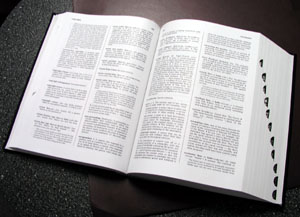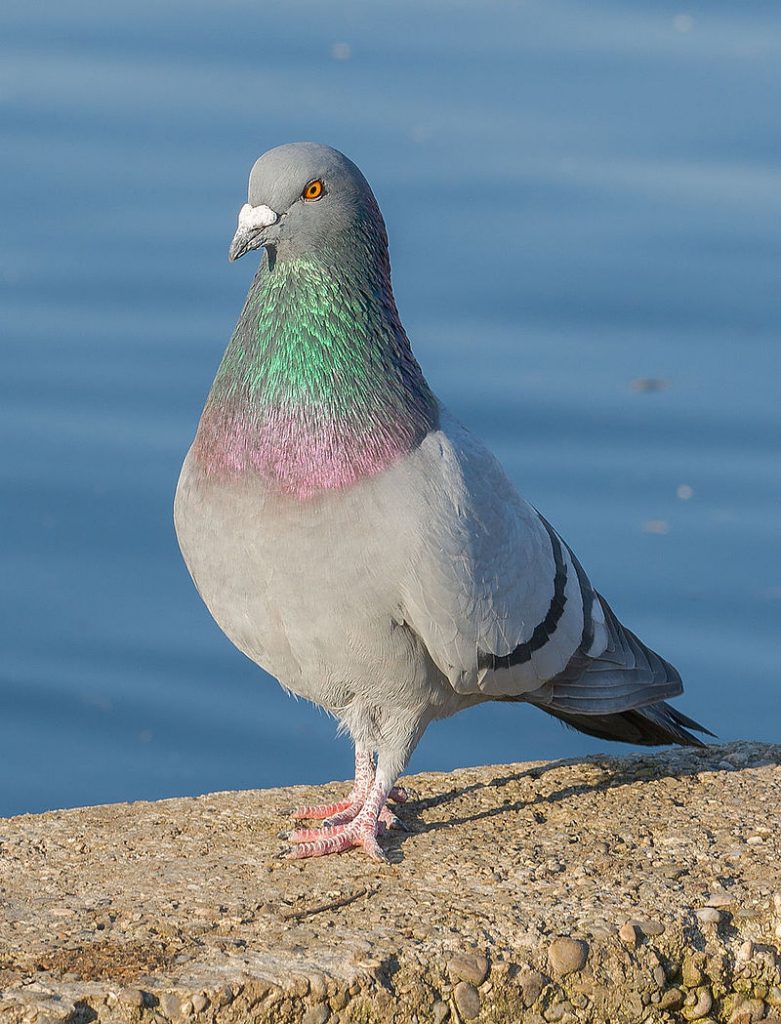There are two words screaming from today’s British headlines: prorogation and prorogue. “MPs pledge to form alternative parliament in case of prorogation.” “Prime Minister Boris Johnson’s government is preparing to ask Queen Elizabeth II to prorogue or suspend the UK Parliament from September until mid-October.” You’re probably wondering — as I am — what on earth prorogue means, and where that word comes from. Continue reading
Category Archives: Words, phrases & expressions
Trump’s use of the word “invasion” has eerie precedent
As The Week reported last week: “Since January, President Trump’s re-election campaign has posted more than 2,000 Facebook ads focusing on immigration that use the word “invasion,” the New York Times reported. He also used the word “invasion” in several tweets regarding immigrants at the border. Trump’s word choice is in the spotlight following Saturday’s massacre at a Walmart in El Paso, Texas, which left at least 22 people dead. The suspect is believed to have written an online screed ahead of the attack, declaring it “a response to the Hispanic invasion of Texas.” Data from Bully Pulpit Interactive, a Democratic communications firm tracking 2020 presidential candidates’ digital advertising, shows that since late March, Trump has spent an estimated $1.25 million on Facebook ads about immigration.”
Donald Trump isn’t the only world leader who has used the words “invasion” and “invaders” with political (and malevolent) intent. As Lynne Tyrrell explained yesterday in The Guardian: “A 1992 speech by Rwandan political leader Leon Mugesera is widely considered to have launched genocidal mobilization in Rwanda. Mugesera repeatedly called Rwanda’s Tutsis “invaders”. Like Trump, who recently said that four Democratic congresswomen should go back to “the totally broken and crime infested places from which they came,” Mugesera said that the Tutsi “invaders” should be sent back to where they came from: “I am telling you that your home is in Ethiopia, that we will send you by the Nyabarongo so you can get there quickly.” The Nyabaraongo river runs to the Nile. After steady repetition of this rhetoric, the river grew clogged with Tutsi bodies during the genocide. Sending them back to Ethiopia, literally. Words became horrific action.”
~~~
Lay, Lady, Lay (or Lie?)
“Lay, lady, lay,” sang Bob Dylan back in 1969. “Lay across my big brass bed
Stay, lady, stay, stay with your man awhile”
Would Dylan have been more correct to write “Lie, lady, lie“? It doesn’t have quite the same ring to it, does it? And we might have thought from the first few words that it was a song about deceit or infidelity. But it might have been more technically correct, vocabulary-wise …
Lay and lie are similar, but they don’t officially mean the same thing. (And we’re talking here about the “making horizontal” and “setting down” senses of these words – not the telling fibs or porkie pies kind of lie or lying. That’s another story altogether.) What makes things really confusing about lay and lie is that they mean different things and have different uses in the present tense, but one serves as the past tense of the other. OK, now you’re really confused. Take it away, Oxford Dictionaries: you explain it quite well. (And Glosso has thrown in some edits and examples to make it even clearer.) Continue reading
“The eagle has landed”
“The eagle has landed” is a common expression used to indicate any successful arrival or completion of a “mission” objective. The American astronaut Neil Armstrong said these words when he announced the successful landing of the Apollo 11 lunar module named “Eagle” in the Sea of Tranquility on the moon 50 years ago today – on July 20, 1969.
***
Love, deuce and all that jazz
Glossophilia is posting this one again — as Wimbledon fortnight gets underway. Djokovic and Murray aren’t meeting tomorrow, but they’re both still in the game (just!). Familiar faces, but new balls …
~~~~~~~~~~
They’re meeting tomorrow in what promises to be a nail-biting Wimbledon final (nail-biting at least for the great British public). But how much love will there be on Centre Court between these two formidable sportsmen, Novac Djokovic and Andy Murray? On the scoreboard, there might be a fair amount during the course of the match; perhaps not so much on the court itself. Why is love the name given to the score for zero in tennis? And what the deuce is the story behind the score for 40-all? Continue reading
Glosso’s word of the week: “Clairaudience”
I’m rereading one of my favorite old novels — from 1949 — and just came across a word I wasn’t aware of before. I had no trouble understanding its meaning when it appeared at the end of these two descriptive sentences: Continue reading
“Wax and gold” in goldsmithery and Amharigna
I’m reading a guidebook about Ethiopia (preparing for a trip there later in the year), and I’ve just stumbled on this really interesting piece by John Grinling called “Wax and gold in goldsmithery and Amharigna.” It’s a good read for anyone interested in words and language, and perhaps helps explain why I love Ethiopian culture. Continue reading
Acceptation: so modern and meta
Admit it: if you read the word acceptation in a newspaper or blog, you would probably pause. You might think: What publication am I reading? Is it legit, or have I gone too far down the rabbit-hole again? Is there any sign of an editor around here? Perhaps English isn’t the author’s first language? And you might even reach for a dictionary. It’s surely a mistake, you’re thinking. They must mean acceptance. Continue reading
Labor Day: the meaning of labor (or labour)
Labor Day Parade, Union Square, New York, 1882
Update: It’s May 6, 2019, and there’s breaking news: the Duchess of Sussex is in labour. Want to find out more about the history of the word labour (or, as we Americans spell it, labor)? Read this post from a few years ago … Continue reading
Not my pigeon …
My English friend Fleur recently told me in an email that she wasn’t going to an event because “it really isn’t my pigeon.” I’ve never heard this little avian saying before, and since Glosso has recently posted a piece about expressions using animal (ahem) parts, I was immediately intrigued … Continue reading











